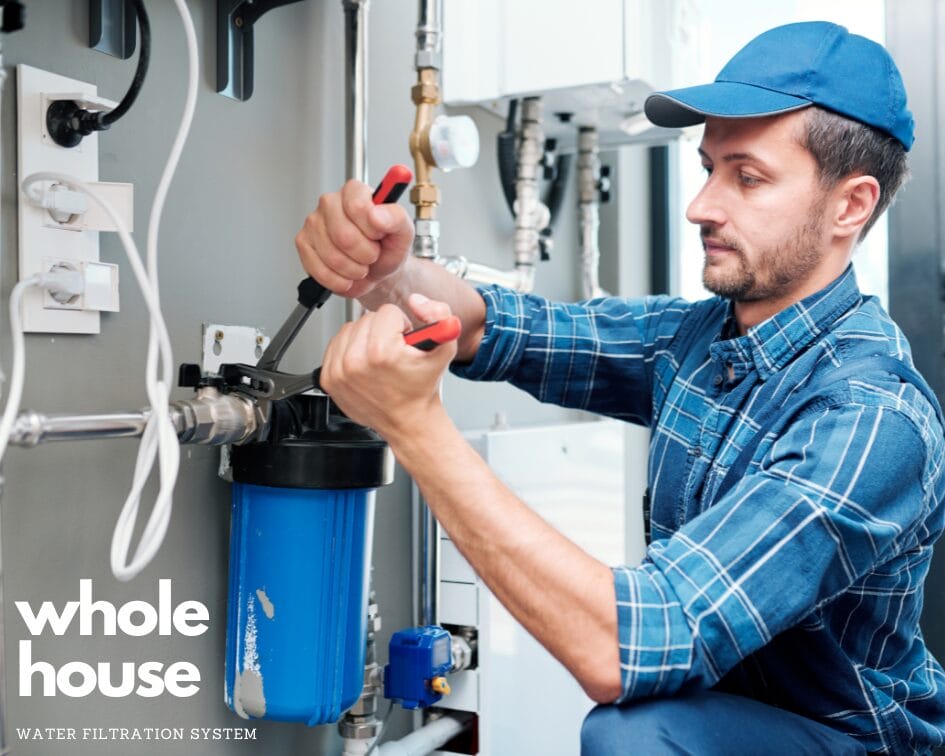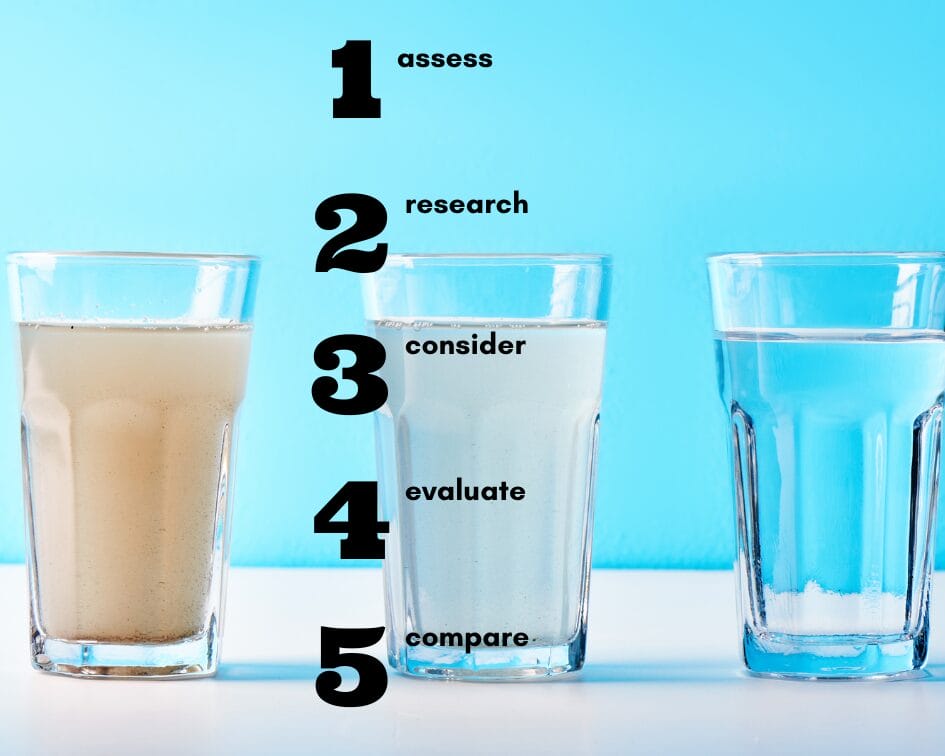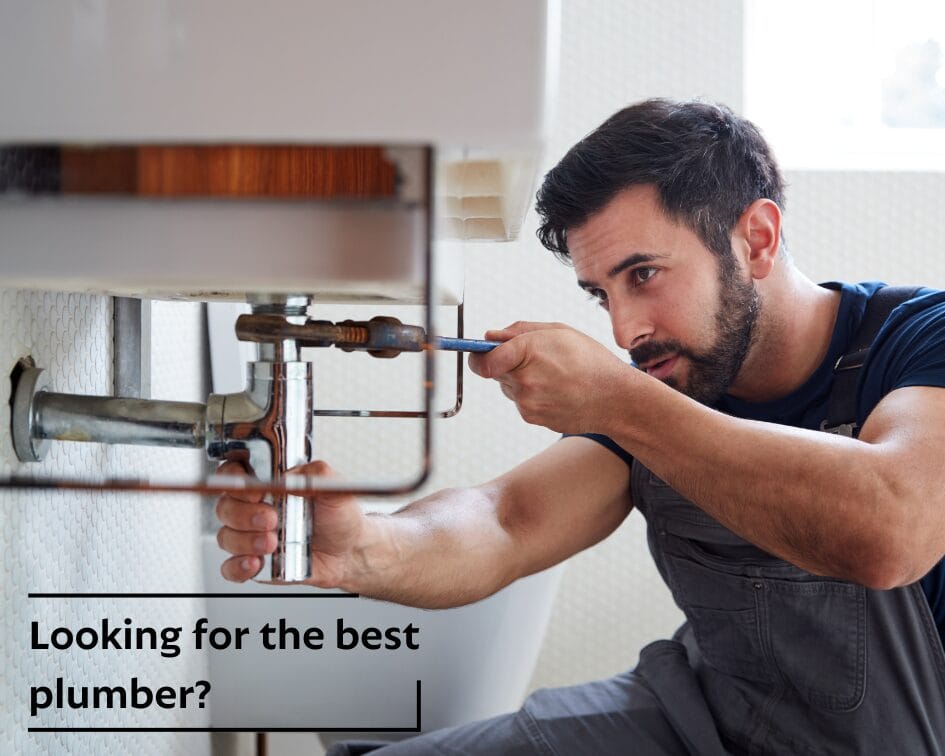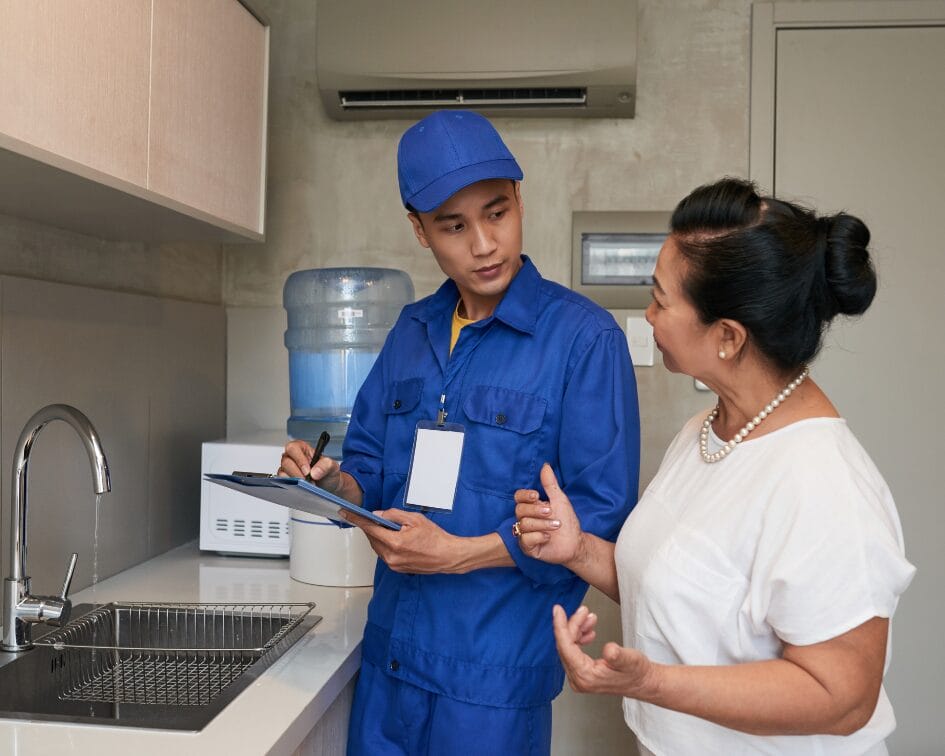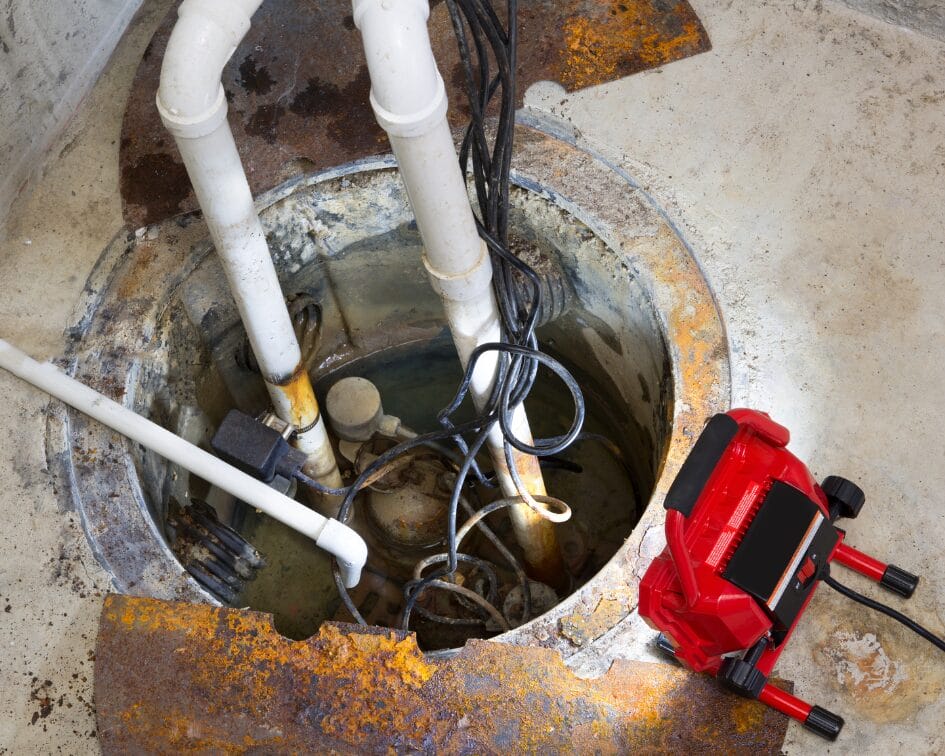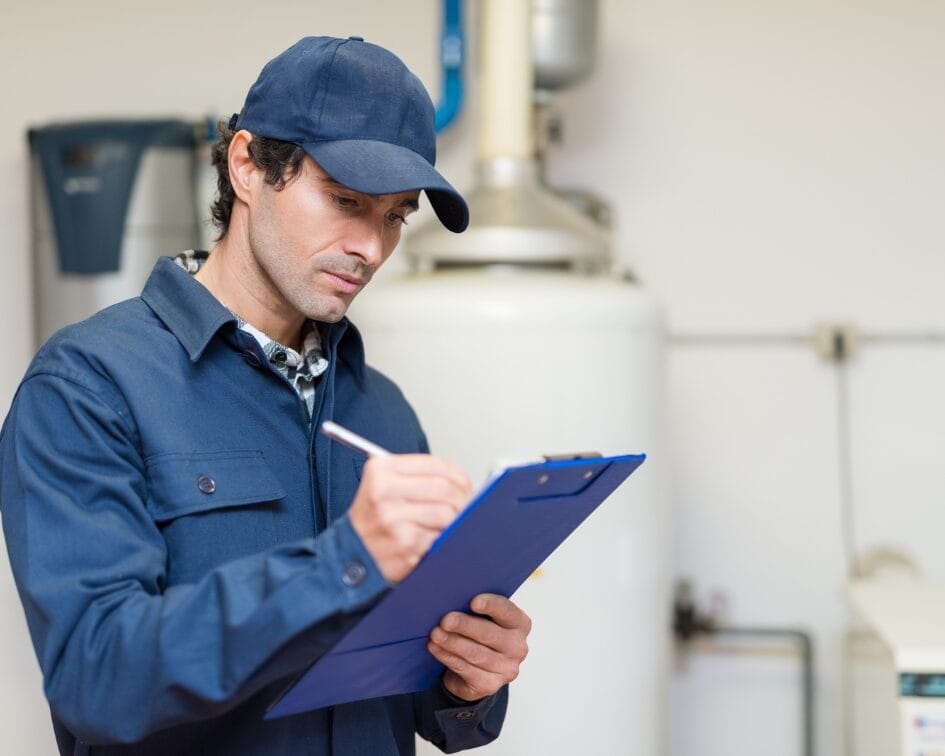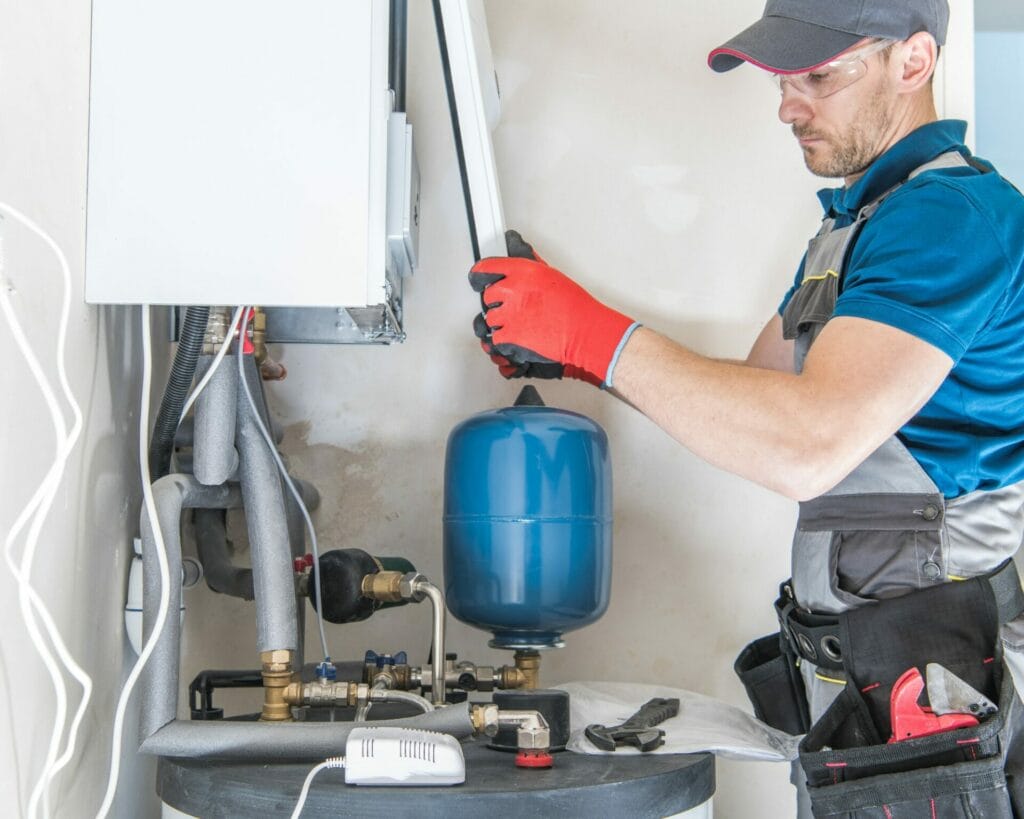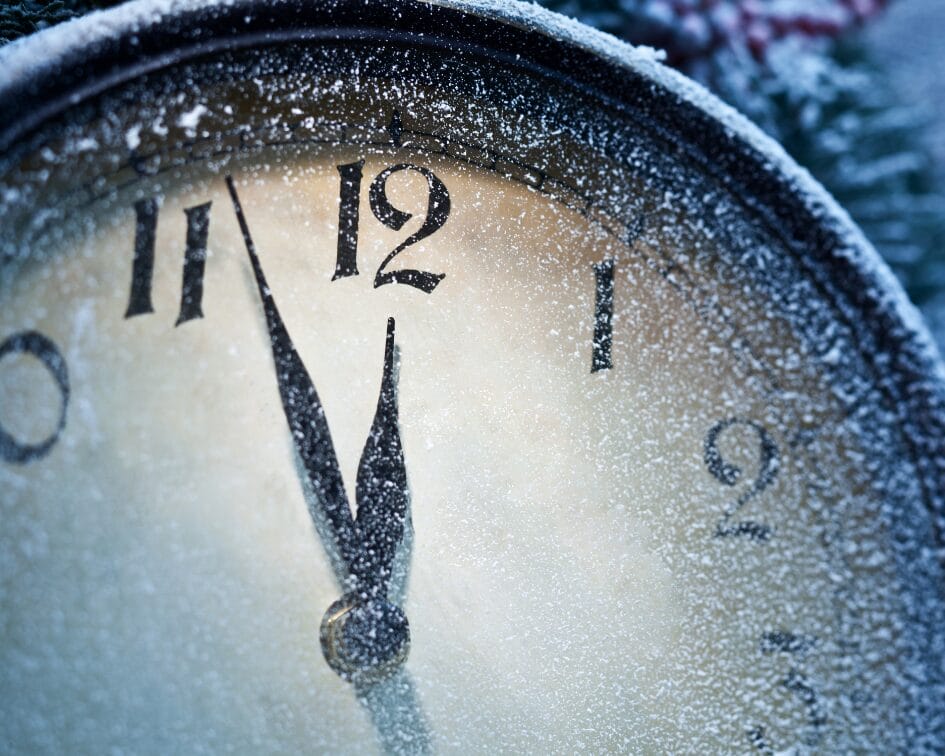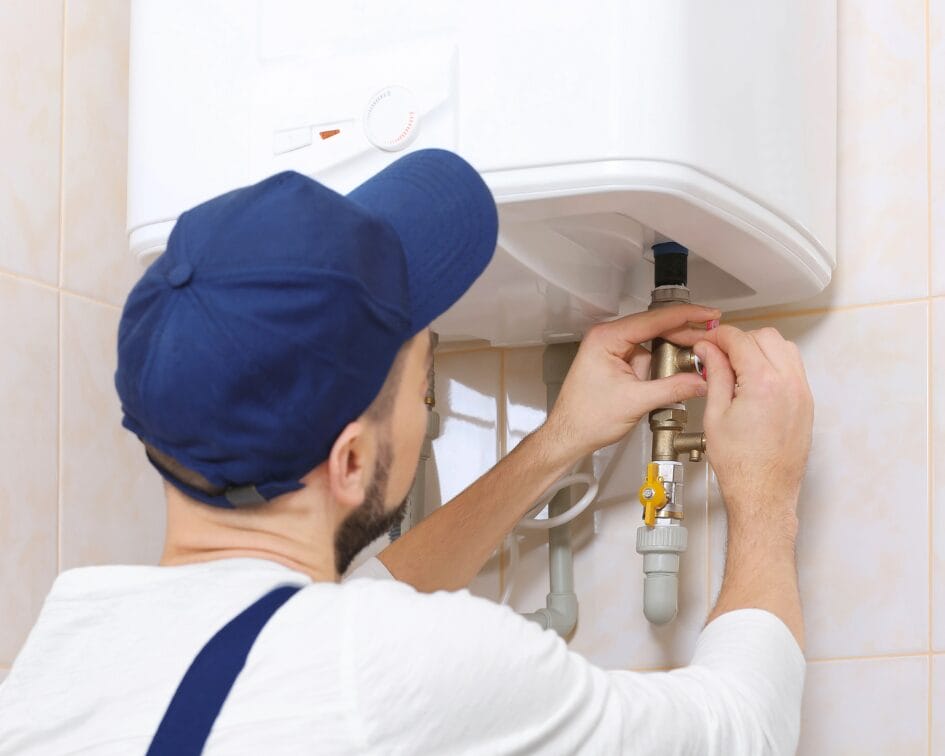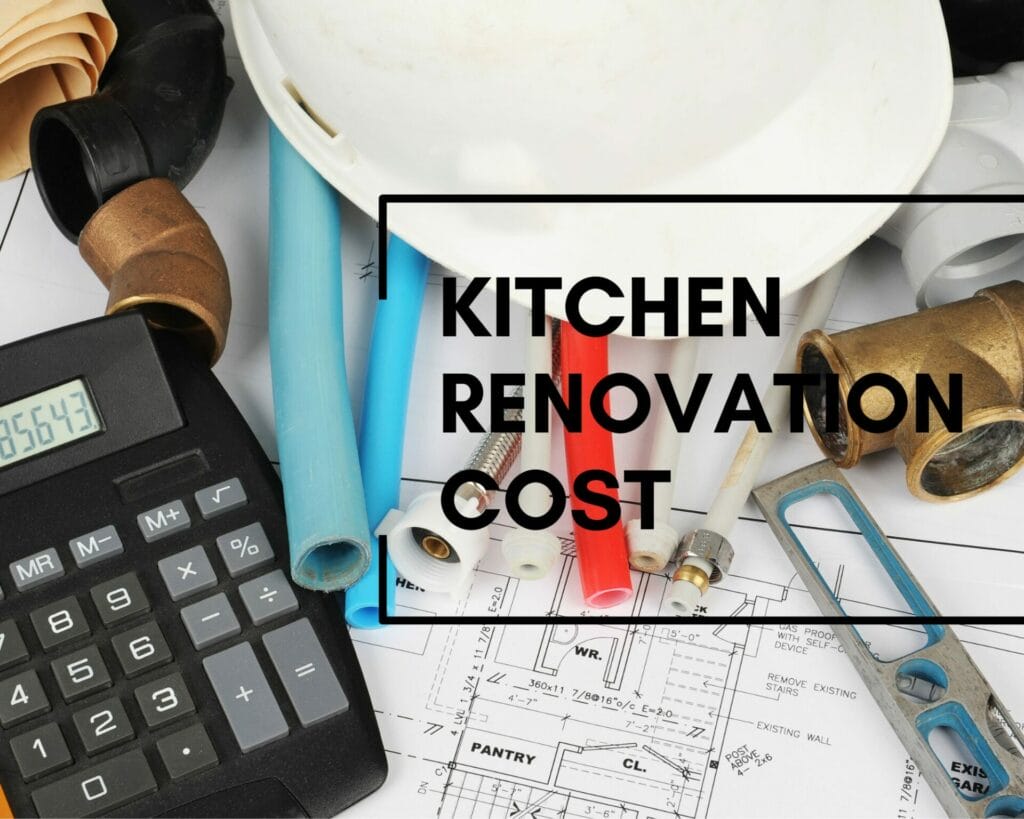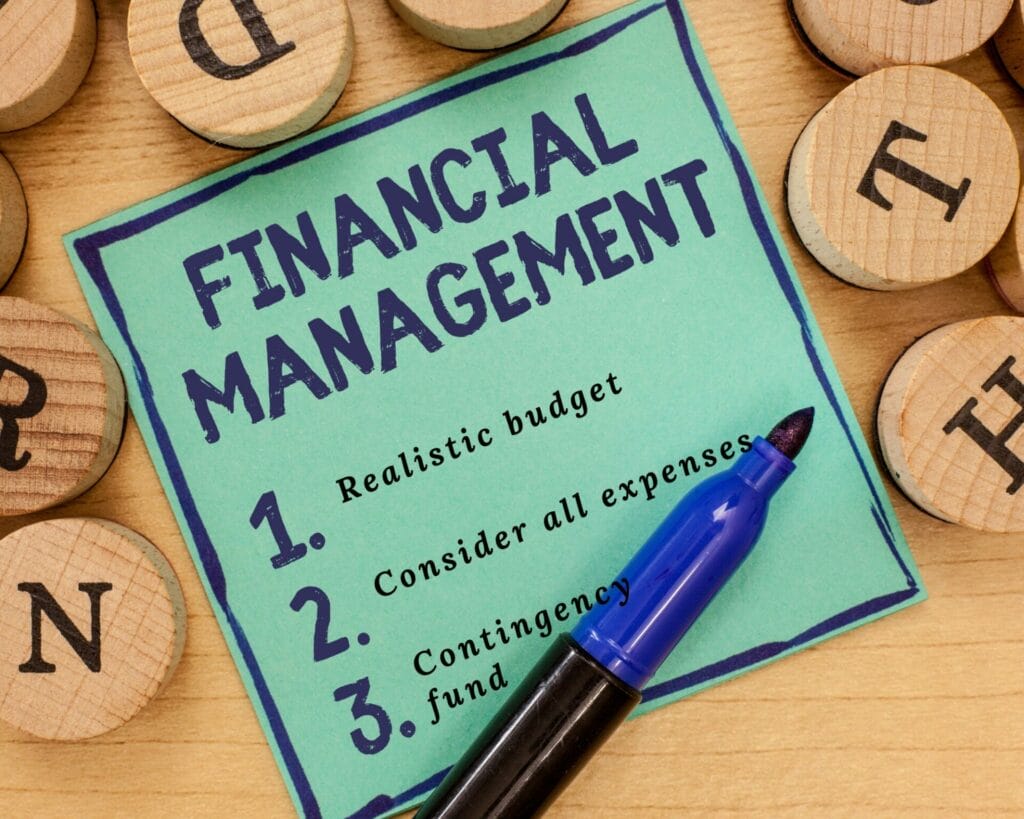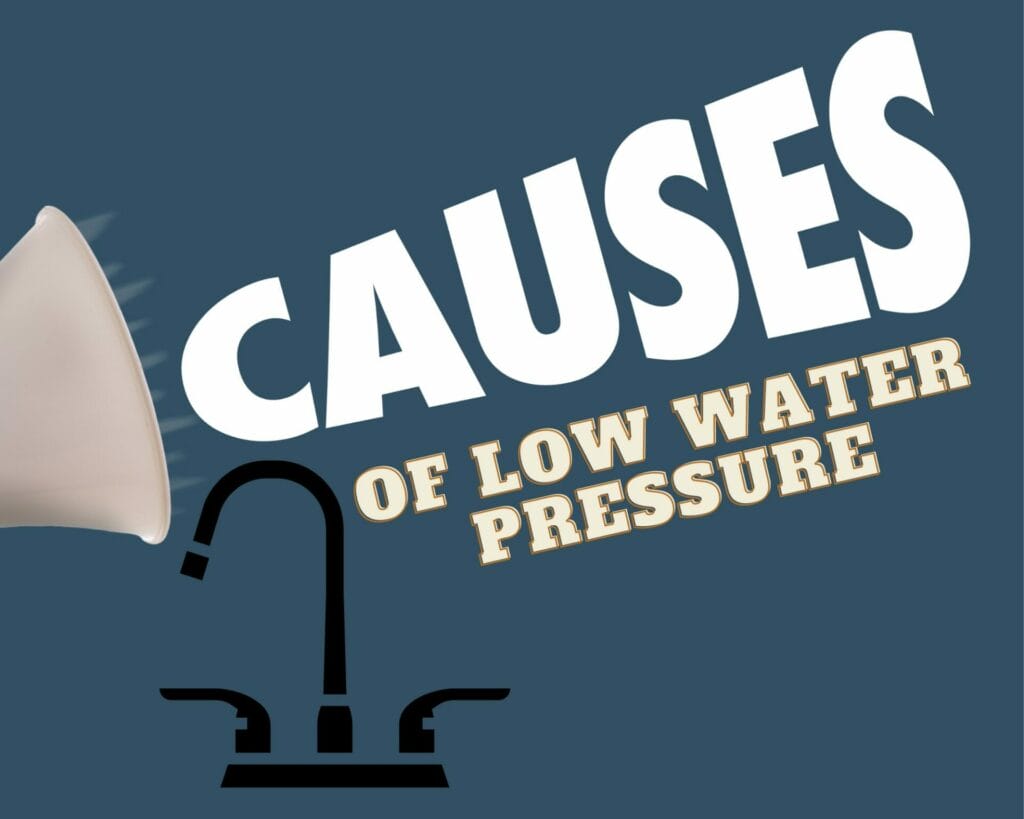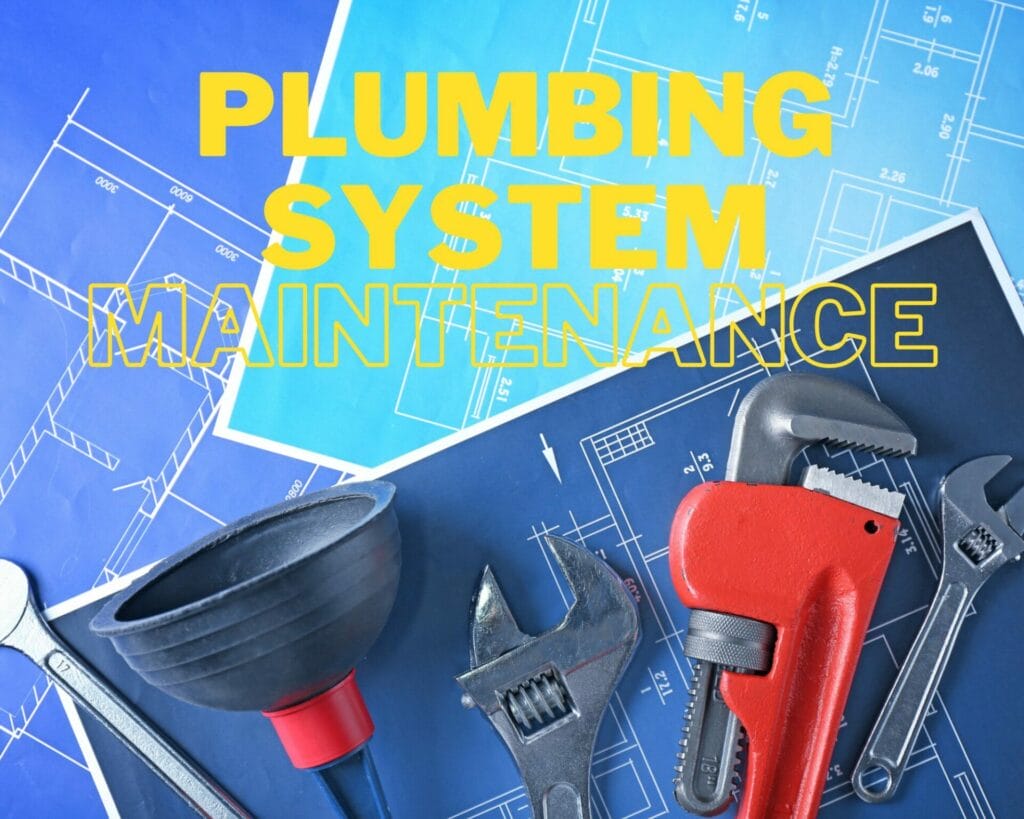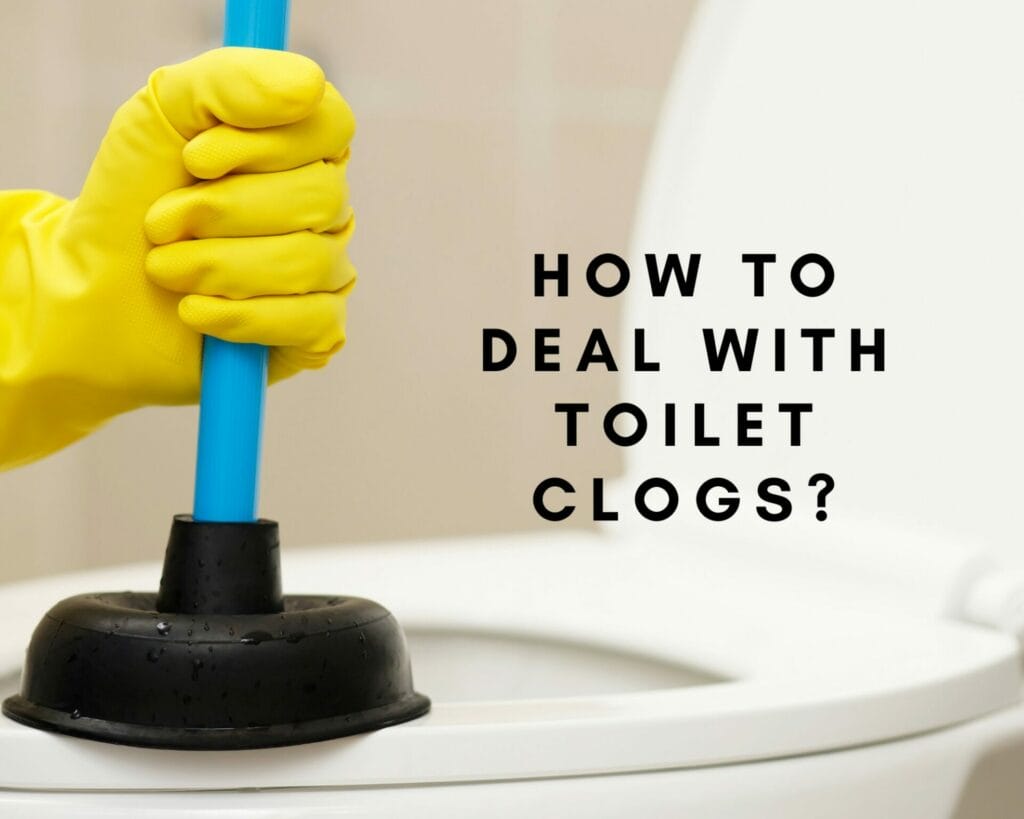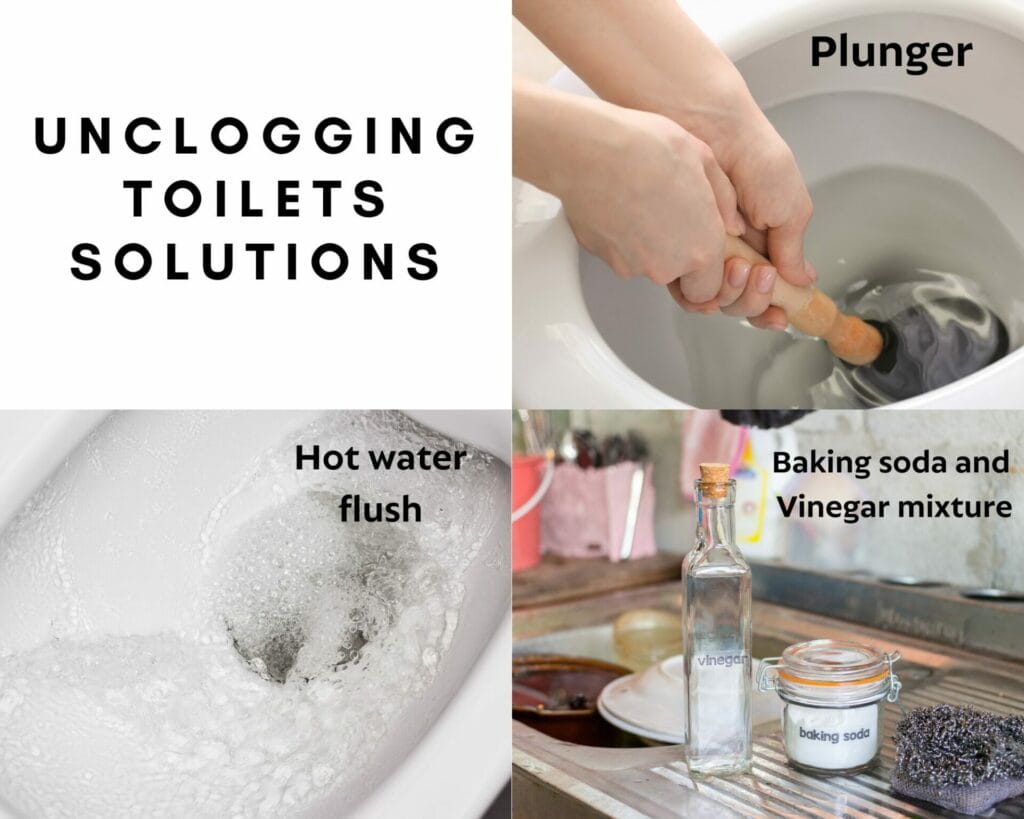Understanding Warranties: Contractor Obligations for Work in Cape May, NJ
Navigating Contracting Projects in Cape May, NJ
A contracting project in Cape May, New Jersey, is sure to be an exciting adventure, but it demands thoughtful planning and execution.
For your ideal project to come to fruition, it is critical to grasp the nuances of contractor agreements.
Knowing the extent of your project and having warranties in place to protect your interests are both critical. Another important step in building trust and a good relationship with your contractors is to encourage open and honest communication.
Come along as we cover the fundamentals of contracting projects in Cape May, NJ, so you can go forward with assurance and peace of mind.
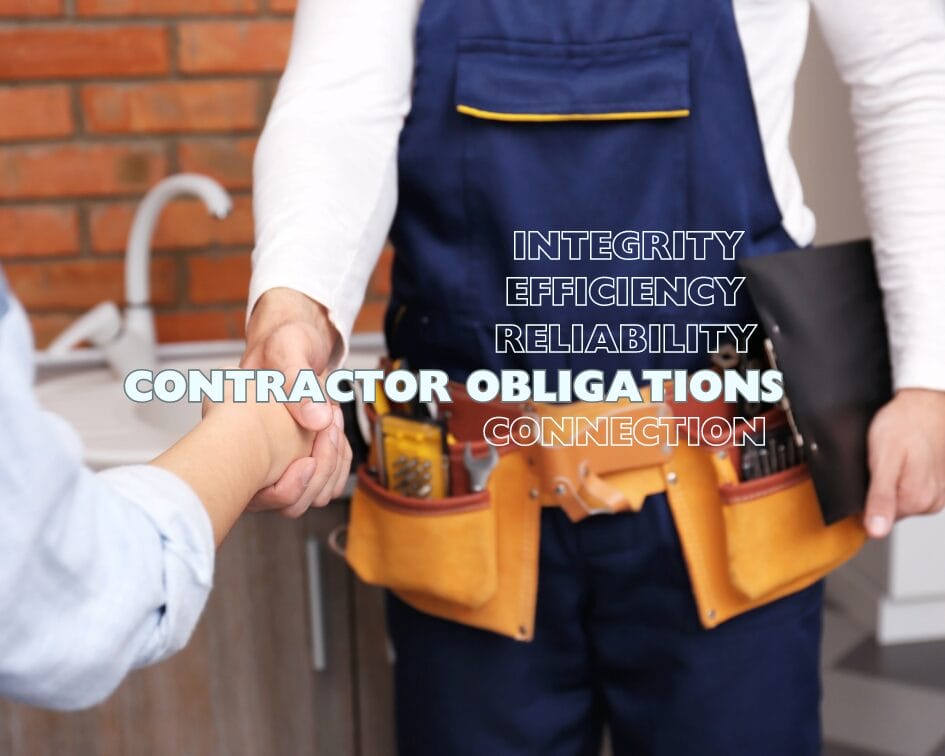
Understanding Contractor Agreements: Your Roadmap to Project Success
Now that we know why it is important to have explicit agreements, we can dive into learning what goes into a Cape May, NJ contractor agreement.
By outlining important details that set the stage for a smooth and satisfactory experience, these agreements serve as your roadmap to project success. Together, we can simplify it:
Unveiling Key Components
When it comes to contractor agreements, knowing what to look for is half the battle.
In Cape May, NJ, these agreements typically include several essential components that lay the groundwork for your project's success.
From defining the scope of work to outlining payment terms and milestones, each element plays a crucial role in ensuring clarity and accountability throughout the project lifecycle.
- Exploring Warranties
Warranties act as your safety net, assuring that the work will meet agreed-upon standards and specifications. In Cape May, NJ, understanding the warranties outlined in your agreement is essential for protecting your interests and ensuring that any issues or defects are addressed promptly and efficiently.
- Defining Scope of Work
The scope of work outlines the specific tasks and deliverables expected from the contractor. From the materials used to the timeline for completion, clearly defining the scope of work helps prevent misunderstandings and guarantees that everyone is on the same page from the start.
- Navigating Payment Terms
Ah, the financial aspect—the part everyone wants to get right. Payment terms detail how and when payments will be made throughout the project. Whether it's through milestones or upon completion, understanding these terms helps manage expectations and be certain that both parties are in agreement regarding compensation.
- Resolving Disputes: Mechanisms and Strategies
While we hope for the best, disputes can sometimes arise during a project. That's where dispute resolution mechanisms come into play. From mediation to arbitration, having these mechanisms outlined in your agreement provides a clear path for resolving conflicts and minimizing disruptions to the project timeline.
- Protection through Representation and Warranty Clauses
Last but certainly not least, representation and warranty clauses offer additional protection for both parties involved. These clauses outline each party's responsibilities and provide assurances that the work will meet specified standards. By including these clauses in your agreement, you can protect your interests and ensure that the project proceeds smoothly from start to finish.
Navigating Contractor Commitments: Proven Strategies for Success
Now that we've uncovered the essential elements of contractor agreements, let's dive into the strategies that will empower you to navigate commitments with confidence in Cape May, NJ.
From negotiation tactics to proactive problem-solving, we'll explore how to ensure project success every step of the way.
Analyzing Effective Strategies
Venturing into the realm of contracting in Cape May, NJ, demands more than just good intentions—it requires a robust arsenal of effective strategies.
Here, we dive into the methodologies honed by seasoned contractors, providing you with invaluable insights to navigate commitments and agreements with finesse.
- Clear Communication Protocols: Effective communication serves as the cornerstone of successful contracting endeavors. Contractors in Cape May, NJ, prioritize establishing clear communication channels with clients from the onset. This entails regular updates, transparent discussions about project progress, and prompt responses to queries or concerns. By fostering open lines of communication, both parties can align their expectations, address potential issues proactively, and maintain trust throughout the project lifecycle.
- Detailed Scope Definition: A well-defined scope of work lays the groundwork for project success. Contractors in Cape May, NJ, meticulously outline the scope of work, leaving no room for ambiguity. This includes specifying project deliverables, timelines, quality standards, and any relevant technical specifications. By clearly delineating the project parameters, contractors and clients alike can certify mutual understanding and minimize the risk of scope creep or misunderstandings.
- Collaborative Problem-Solving: In the face of challenges, collaboration reigns supreme. Experienced contractors in Cape May, NJ, embrace a collaborative problem-solving approach when navigating complexities. Rather than viewing obstacles as insurmountable hurdles, they engage clients in constructive dialogue to identify viable solutions. This collaborative mindset fosters a sense of partnership, empowers clients to contribute to decision-making processes, and ultimately leads to innovative problem-solving and successful project outcomes.
Gaining Insights into Negotiation Tactics
Negotiation is an art form—a delicate dance between parties with different interests and objectives.
In Cape May, NJ, gaining insights into negotiation tactics is key to achieving favorable outcomes.
Whether it's negotiating project scope, timelines, or pricing, we'll explore best practices that will help you secure agreements that work for everyone involved.
Exploring Proactive Approaches
They say that an ounce of prevention is worth a pound of cure, and nowhere is this truer than in contracting projects.
We'll explore proactive approaches to addressing challenges and mitigating risks throughout the project lifecycle.
From conducting thorough risk assessments to implementing contingency plans, we'll equip you with the tools you need to stay ahead of the curve and establish project success.
Creating Harmony: Ensuring Your Project's Success
Ensuring your vision aligns with your contractor's deliverables is vital for achieving the outcome you desire.
Let's go into the significance of clear communication, transparency, and effective management of expectations from your perspective as a client, ensuring a strong client-contractor relationship and guaranteeing your satisfaction with the project.
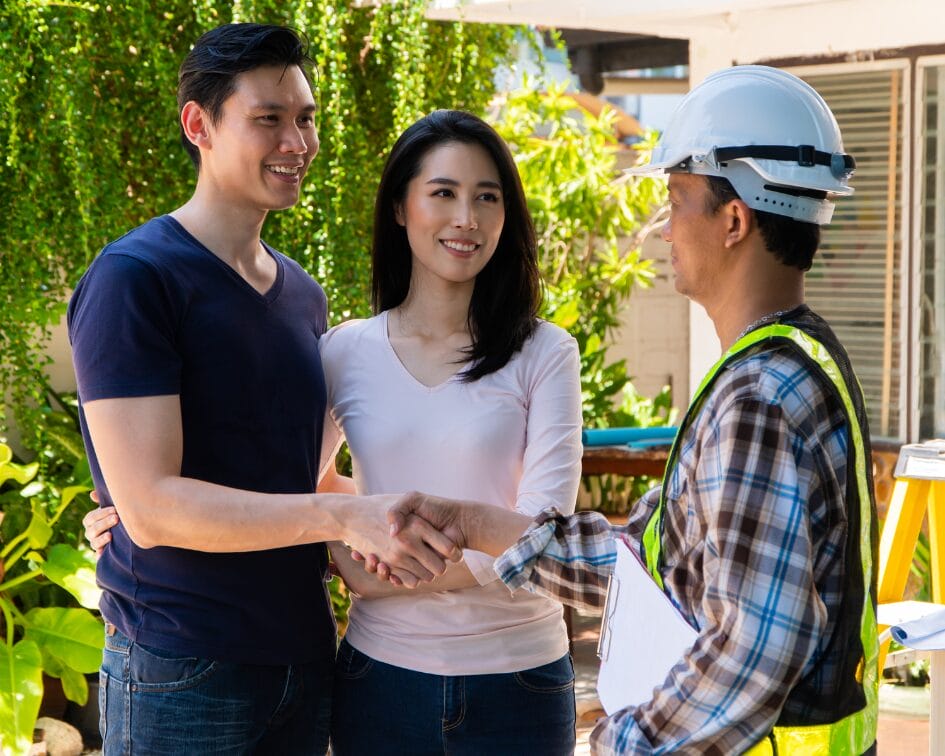
Understanding Expectations Alignment
Think of aligning expectations as tuning instruments in an orchestra—it's about achieving harmony in your project.
By clearly outlining your needs, preferences, and objectives, you establish a solid foundation for mutual understanding and collaboration with your contractor.
The Importance of Communication and Transparency
Communication is the cornerstone of successful projects. Transparent communication fosters trust and accountability between you and your contractor.
Regular updates, honest discussions, and addressing concerns promptly build a strong rapport and make sure everyone stays on the same page throughout the project.
Strategies for Managing Your Expectations
Managing your expectations effectively is crucial for a smooth project experience.
Setting realistic goals, understanding project timelines, and handling changes in scope proactively help minimize misunderstandings and keep the project on track.
By maintaining open communication and adopting a problem-solving mindset, you can navigate any challenges that arise with confidence.
Building Strong Client-Contractor Relationships
At the heart of every successful project lies a strong client-contractor relationship.
By prioritizing your satisfaction and demonstrating a commitment to delivering exceptional results, your contractor can cultivate a partnership built on trust and mutual respect.
Together, you can achieve remarkable outcomes that exceed your expectations.
Paving the Way to Success in Cape May, NJ
It is time to put what you have learned into practice as you begin your contracting projects in Cape May, NJ, armed with fresh insights and information.
Building strong client-contractor relationships and ensuring project success are both made possible through prioritizing open and honest communication as well as the careful management of expectations.
To ensure a successful project outcome and results that surpass your expectations, it is important to actively communicate and collaborate with Majewski Plumbing.
When you have these plans in place, you can confidently face the contracting landscape and get the results you want from your projects.
Majewski Plumbing
1275 Bayshore Rd
Villas, NJ
08251
(609) 374-6001
https://www.majewskiplumbing.com/

